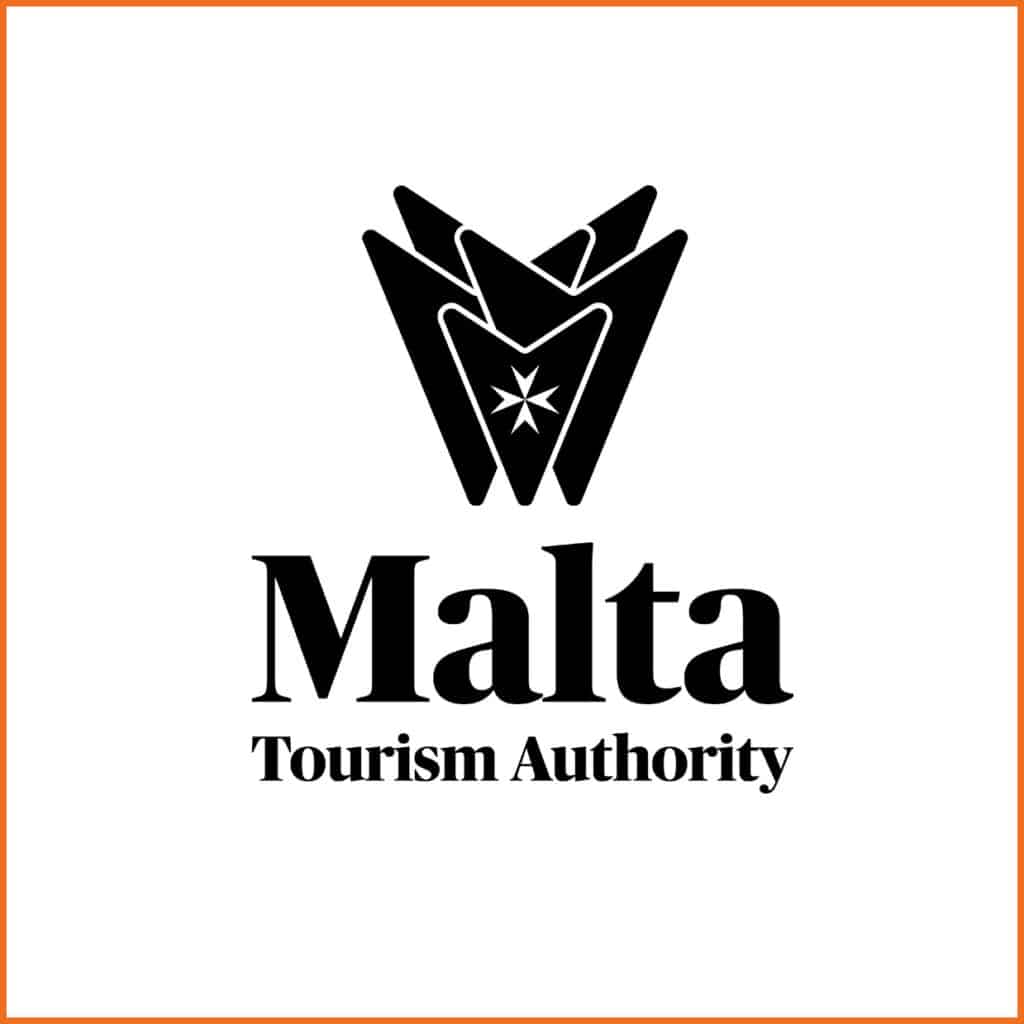
Malta Tourism Authority
- Suites 301-306, Building SCM 01, SmartCity
- info@visitmalta.com
- Website

Q: What have been the most transformative changes
in tourism over the past 25 years, and how has Malta
adapted?
A: Tourism has evolved significantly due to increased
accessibility, shifting consumer preferences, and a
stronger focus on sustainability. Low-cost airlines have
made travel more affordable, while modern travellers
seek immersive experiences over traditional sightseeing.
Sustainability is also a growing priority, with many opting
for eco-conscious destinations.
Malta has successfully adapted by diversifying its airline
connections and broadening its appeal beyond seasonal
tourism. The country offers a mix of heritage, local
engagement, and year-round attractions, ensuring a
balanced distribution of visitors across different regions.
Q: How do different cultures perceive Malta as a
destination?
A: Perceptions of Malta are overwhelmingly positive.
The British feel a strong historical connection, while
Italians appreciate the geographic proximity and cultural
similarities. For the French, Malta is perceived as the
‘Island of the Knights,’ a place where English is spoken,
and the sun shines all year round.
In the Middle East, Malta remains an exotic discovery.
A travel fair in Riyadh which I once attended revealed
overwhelming interest, highlighting our potential in new
markets. However, keeping Malta top-of-mind requires
continuous promotion and relationship-building.
Q: How does Malta maintain its appeal through
authentic, people-driven experiences in a digital world?
A: Malta’s small size and close-knit community allow for
personalised, exclusive experiences. The warmth of the
Maltese people enhances the visitor experience, whether
through cooking classes, artisan workshops, or fishing
excursions with local fishermen.
Digital platforms play a crucial role in showcasing this
authenticity. The MTA uses social media and influencer
marketing to present real, spontaneous experiences,
bringing Malta to life beyond traditional advertising.
Q: How is Malta’s tourism strategy evolving to meet
future challenges?
A: A data-driven approach is key, with the newly
established Tourism Observatory helping to track
emerging trends. Sustainability is central to Malta’s
strategy, with initiatives promoting responsible tourism.
Tourism must also support other local activities like
crafts, agriculture, and fishing, ensuring their long-term
viability. By aligning tourism with sustainability, heritage
preservation, and digital innovation, Malta can continue
evolving as a competitive and compelling destination.


